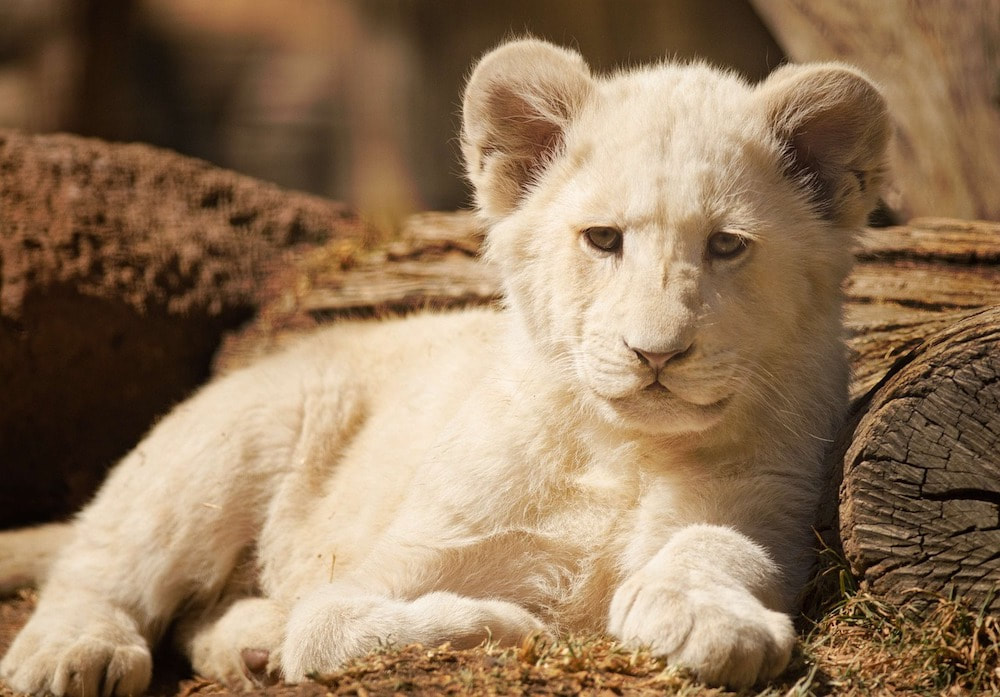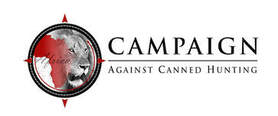
Environment Minister Barbara Creecy has announced:
“The Panel identified that the captive lion industry poses risks to the sustainability of wild lion conservation resulting from the negative impact on ecotourism which funds lion conservation and conservation more broadly, the negative impact on the authentic wild hunting industry, and the risk that trade in lion parts poses to stimulating poaching and illegal trade. The panel recommends that South Africa does not captive -breed lions, keep lions in captivity, or use captive lions or their derivatives commercially. I have requested the department to action this accordingly and ensure that the necessary consultation in implementation is conducted.”
There is a tendency for animal activists to become euphoric when conservation appears to be heading in the right direction. However what ministers say and what happens in practice are often very different. Let’s put her words in the context of the key recommendations which are spelled-out in the report.
What exactly does “action these recommendations” mean?
The key recommendations are:
- develop a process to stop lion farming and euthanase existing lion stocks.
- make policy decisions to stop canned lion hunting and the lion bone trade, and
- find mechanisms to protect workers on lion farms.
Almost certainly a phasing out process will be insisted upon under threat of litigation which also takes years in South Africa.
I would guess that 5 to 7 years could be expected as a phasing out period.
The Minister’s bald statement belies the hideous complexity around the whole issue and around the appointment of the so-called “high level panel”. There is nothing particularly high level about most of the people on this panel: indeed the panel consists of dozens of people from all different walks of life with seemingly random appointments. Change the jury and you change the result.
The unwieldy and largely unqualified panel members started by asking for a legal opinion to tell them what to do. When they got it from a team of lawyers headed by senior counsel they did not understand it and had to ask for another. They then obtained a supplementary opinion to explain the first.
To be fair this is not so surprising when you analyse the difficulties created by the so-called environmental clause in the Constitution, section 24.
“Protect the environment,” says section 24, “but also protect the socio-economic rights of the people”. In practice the two are mutually exclusive. The clause thus contradicts itself.
“Oh,” says the High Court vaguely, “in that case just strike a balance between the two”. Easier said than done!
And these legal complexities must be resolved by weak and dysfunctional governance. The South African government is substantially dysfunctional. South African government parastatals and departments are substantially dysfunctional. Most provincial conservation structures are substantially dysfunctional. The justice system in South Africa is largely dysfunctional.
I would guess that in five years time canned lion hunting and the lion bone trade will still be flourishing.
I hope I’m wrong.
20 years of campaigning against lion farming and canned hunting have taught me never to underestimate the resourcefulness of the lion exploitation industry.
If I am wrong in what I’ve said above and the South African government eventually manages to regulate away lion farming and the canned hunting industry, then I would expect a flurry of midnight flights to take place and the following months the hunting magazines will be full of adverts offering lion hunts in Mozambique, Zimbabwe, Botswana and Namibia.
The root of the problem is the demand from trophy hunters for living targets and, from Asians, for lion bone products. So long as the demand exists, soldiers of fortune will spring from the soil to find a way to supply it.
Prohibition in America created the Mafia. It did not stop the liquor industry.
The war on drugs created fabulously wealthy Mexican drug cartels. It did not stop drug use.
What kind of Mafia, I wonder, will result if we ever get an effective ban on lion breeding, lion hunting and the lion bone trade?
